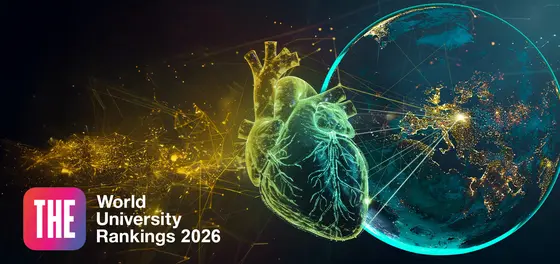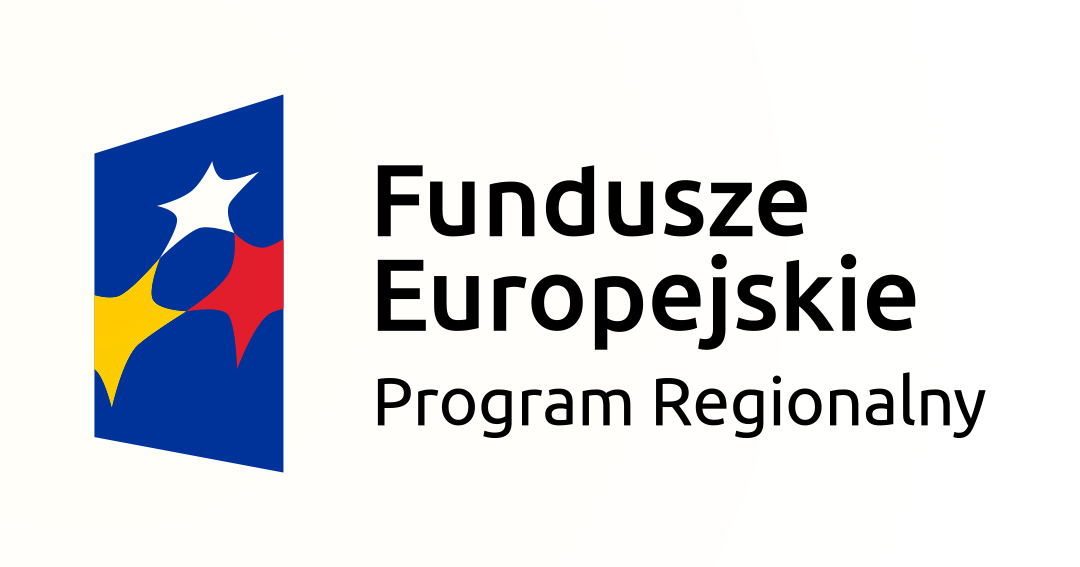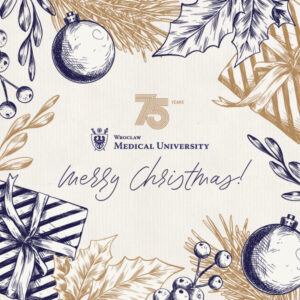
Wrocław Medical University (WMU) has confirmed its position as a leader in Polish higher education, maintaining its top spot in the country in the latest Times Higher Education World University Rankings 2026. In this year’s edition of the ranking, the university was ranked among the 501–600 best universities in the world out of over 2,100 institutions assessed, placing it among the top 2–3% of universities worldwide and the highest-ranked university in Poland, tied with the Jagiellonian University.
The World University Rankings (THE WUR) is one of the most prestigious global rankings of research universities worldwide. This year, data from over two thousand institutions was analyzed, and the evaluation was based on eighteen indicators grouped into five pillars: teaching, research environment, research quality, internationalization, and
industry collaboration.
High quality research – a strong pillar of the WMU
Wrocław Medical University’s strength in this year’s ranking was its Research Quality, ranking it among the top 500 universities worldwide. This indicator encompasses, among other things, citation impact, research strength and excellence, and its importance to the international scientific community.
“This is objective confirmation that consistently building quality in science yields tangible results,” emphasizes Professor Piotr Ponikowski, Rector of the Wroclaw Medical University. “It’s not the number of publications, but their quality that matters. For several years now, we have been systematically building a system that rewards good research, which increases our visibility and strengthens our position in global science.”
Teaching – the foundation of development
Another strong area of the Wrocław university remains teaching , which reflects the University’s commitment to educating medical staff and scientists. The university consistently develops practical programs, modern teaching methods, and innovative simulation tools that enhance students’ preparation for clinical and research work.
“There is no university without education; this is our fundamental task, particularly important for a university preparing healthcare professionals. We feel this responsibility. To properly prepare our graduates for work, we must equip them with knowledge and practical skills – and these today involve the use of increasingly advanced technologies, including artificial intelligence. But this is not enough. We want to prepare them for teamwork, and in interprofessional teams. And above all, we want to teach them that every patient deserves respect and empathy, because these are essential in the work of every doctor, nurse, and paramedic,” emphasizes Professor Ponikowski. “This year, we are also expanding the Young Science program, which supports students, doctoral candidates, and young scientists at the beginning of their scientific careers, providing them with mentoring and start-up grants. We are also introducing new fields of study, medical biology and electroradiology, which respond to the needs of modern medicine and the job market. Our goal is for every WMU graduate to leave the university not only with a diploma, but with real competencies that will allow them to co-shape the future of medicine.”
The next challenge, internationalization
The Wroclaw Medical University currently sees the greatest development potential in the area of International Outlook. The ranking takes into account, among other things, the participation of foreign students and staff, as well as the number of publications resulting from international collaboration.
“WMU is becoming increasingly recognized scientifically, but we realize that bibliometric achievements alone are only the foundation,” says Professor Ponikowski. “The next strategic step is to intensify our presence in international research and teaching projects—not only as a partner, but above all as a leader. We want our scientists to have real tools and support to successfully participate in European projects, global consortia, and multi-center grants.”
The result of the THE WUR 2026 ranking is not only a measure of position, but also proof that a strategy based on quality, innovation, and collaboration is yielding results. For WMU, it is another step towards a lasting presence in the international community of universities that shape the future. Because this is where the heart of medicine beats.







